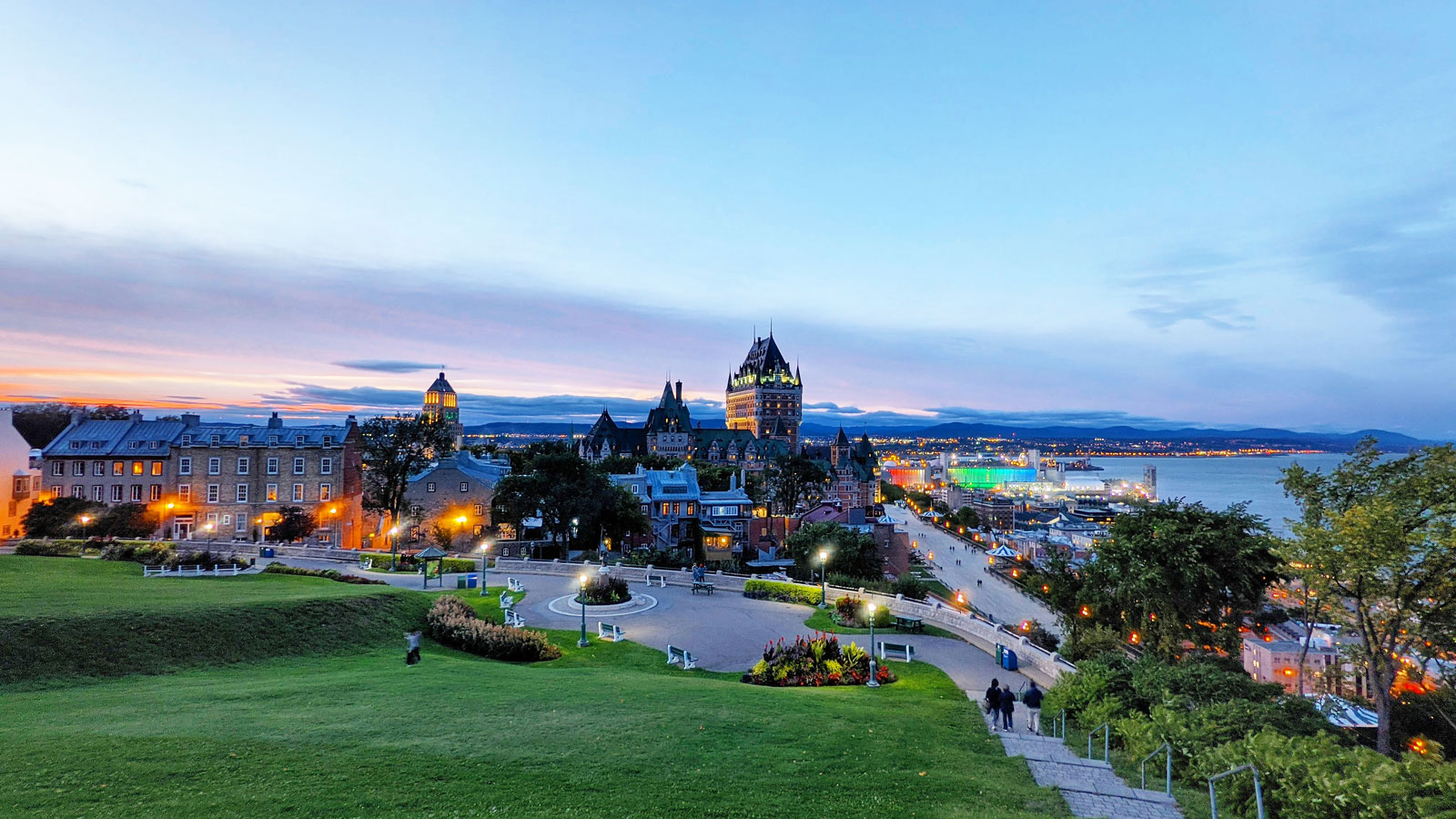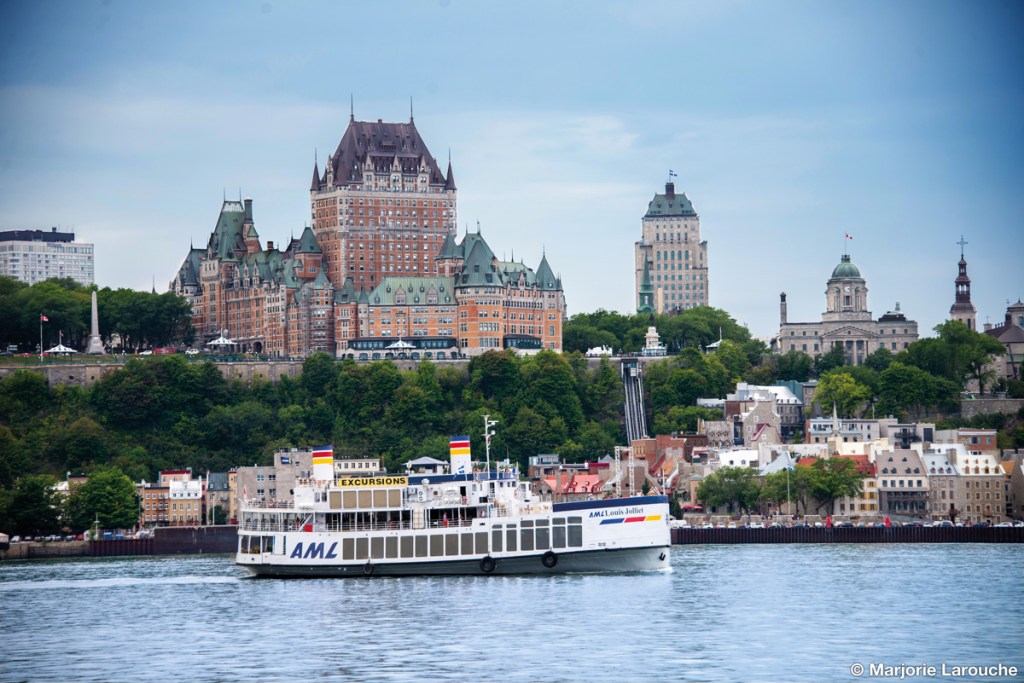

Join us in beautiful Québec City, by the St. Lawrence River, where freshwater and saltwater meet. Hosted in the historical district of the city, the conference will be the perfect occasion to network with great colleagues and share your work through 7 diverse thematic sessions. Moreover, we are planning high-profile keynote talks and entertaining social activities.
LFC48 Events at a glance
- Sunday June 15th, 5PM to 8PM: The Icebreaker cocktail will take place on a cruise! Don’t miss the chance to board the M/V Louis Jolliet, for a scenic tour of the St. Lawrence River, offering stunning views of Old Quebec’s waterfront.
- Topical session talks will be running from Monday to Thursday
- Tuesday, June 17th: Poster session and social event — this will be a lot of fun!
- Wednesday, June 18th: LFC Banquet at “Le Parlementaire”, the beautiful restaurant of the National Assembly of Quebec! The event will begin at 5:30PM with a reception in the Main Hall, where you’ll have the opportunity to explore this historic building.

SPONSORS
